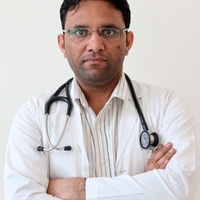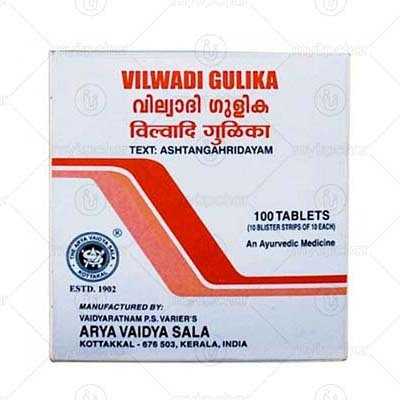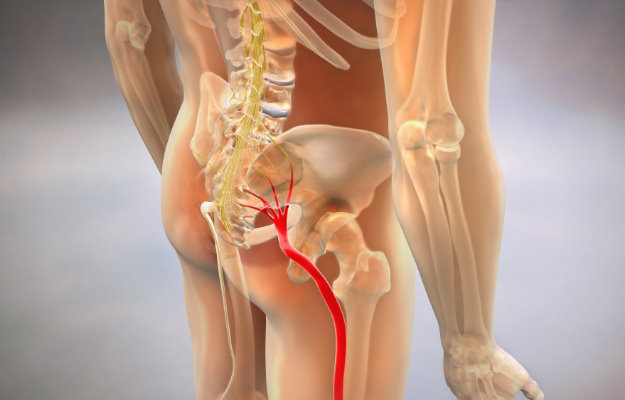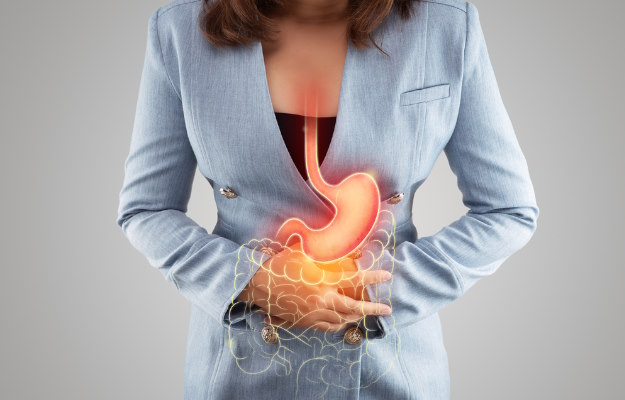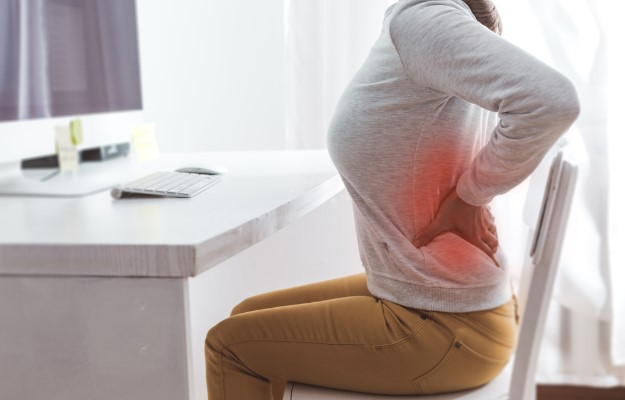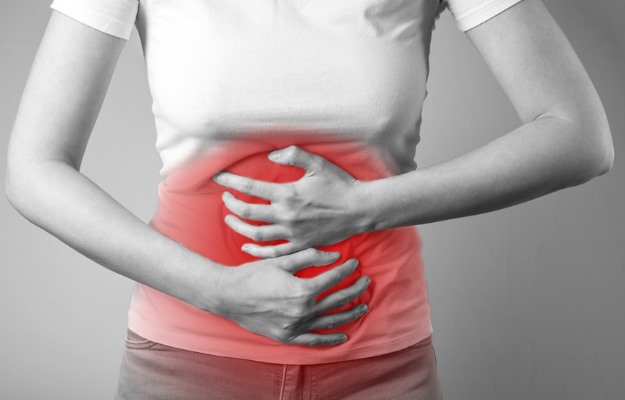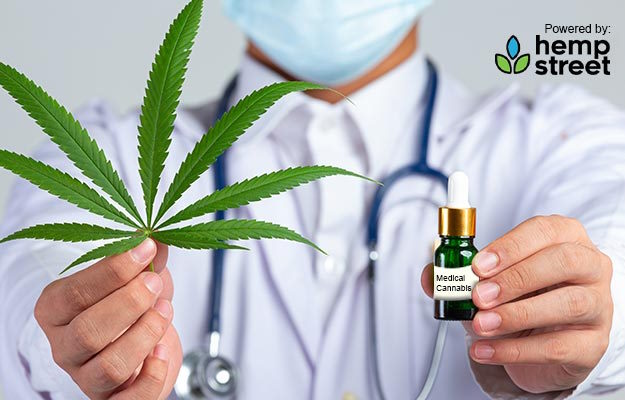The problem of nausea or vomiting after eating can happen to anyone. There can be many reasons behind this, some of which get cured on their own. At the same time, in some situations, this problem is due to bacterial infection or some disease. In such a situation, it is necessary to get proper treatment from the doctor. Doctors identify the symptoms of the patient and find out the cause and treat them accordingly.
Today in this article, you will know in detail what are the reasons behind vomiting after eating and how to treat this problem -
(Read More - How to stop nausea)
- Causes of vomiting after eating
- When to see a doctor?
- Treatment of vomiting after eating
- Ways to stop vomiting after eating
- Takeaway
Causes of vomiting after eating
There are many reasons, why problems like nausea or vomiting can occur after eating food. This includes everything from food allergies to food poisoning and acid reflux. Come, let us know about these reasons in detail -
Food allergy
Shellfish, nuts, and eggs are some of the foods that can cause food allergies. If you are allergic to anything, then the immune system releases histamine and other chemicals in the body as soon as you eat it. These chemicals cause symptoms of allergy, such as hives, swelling in the mouth, diarrhea, and nausea. Generally, people are victims of food allergies from dairy products, gluten, and certain types of carbohydrate-rich foods.
See Similar Category Medicines Here
Food poisoning
According to the Centers for Disease Control and Prevention, food poisoning can occur in the following situations -
- When food is not heated thoroughly to the required temperature.
- Hands and kitchen are not properly cleaned before cooking.
- When raw products such as meat, seafood, and eggs come into contact with ready-to-eat foods.
Symptoms of food poisoning such as nausea, vomiting, and diarrhea can usually appear within 30 minutes to a few hours after consuming contaminated food.
Stomach virus
Norovirus is also called stomach flu. It infects the intestines and can cause gastrointestinal (GI) symptoms such as nausea, vomiting, and diarrhea. It is an infectious disease, which can spread from one person to another. This virus enters the body by eating contaminated water or food.
Pregnancy
When a woman is pregnant, due to changes in the level of hormones in the body, the problem of nausea and vomiting starts. This problem is also called morning sickness, but this problem can happen at any time of the day. It can even happen after having a meal. Sometimes even the smell or taste of certain foods can cause nausea in a pregnant woman. This problem is temporary and does not cause any harm to the unborn baby. Yes, if a woman experiences excessive nausea and vomiting during pregnancy, she must consult a doctor.
(Read More - Homeopathic Remedies for Nausea)
Acid reflux
Heartburn is considered a symptom of gastroesophageal disease (GERD), but this condition can also cause nausea and vomiting. The problem of GERD occurs when the muscle between the esophagus and the stomach deteriorates. This causes stomach acid to leak into the esophagus. Heartburn, indigestion, the feeling of fullness in the stomach, or a sour taste in the back of the mouth may be experienced due to GERD problems.
Anxiety and stress
Anxiety and stress not only affect our emotions but also affect our physical health, which includes the digestive system. Due to this, the problem of nausea and vomiting can also occur. According to an older medical study from 2009, there may be a direct link between gastrointestinal (GI) symptoms and anxiety and depression. At the same time, the digestive system and the brain are connected by nerves. This is known as the gut-brain connection. When one is stressed, certain hormones and chemicals start releasing in the body and harm the digestive system.
Cancer treatment
Chemotherapy drugs used in the treatment of cancer can also cause nausea and vomiting. According to a 2017 study, people under the age of 50 are also at risk of vomiting from chemotherapy drugs. If there is more trouble due to nausea and vomiting after chemotherapy, then a doctor must be consulted in this regard.
(Read More - What are the 6 stages of digestion)
Gall bladder disease
The gall bladder is on the upper right side of the abdomen. It helps in digesting fat in the body. It becomes difficult to digest fat when there are stones or other diseases in the gall bladder. In such a situation, eating anything, especially on eating fatty things, there may be discomfort in the stomach and there may be problems like nausea and vomiting.
IBS
Irritable bowel syndrome (IBS) is a problem associated with the GI tract. Its symptoms include abdominal pain, diarrhea, constipation, and nausea. People suffering from IBS often face the problem of nausea and vomiting.
Motion sickness
Some people are particularly sensitive to motion sickness. Such people have the problem of nausea and vomiting during travel and can face this problem even after having food after travel. Nausea and vomiting caused by motion sickness usually go away after the triggering motion stops or within 24 hours.
When to see a doctor?
Occasional nausea or vomiting after eating is not a serious matter. On the other hand, if this problem is not cured in a week, then the doctor should be seen. Also, if the following types of symptoms are seen, the doctor should be contacted immediately -
- Blood in vomit or stool
- Chest pain
- Feeling confused
- Diarrhea that lasts for several days
- Signs of dehydration such as increased thirst, decreased urination, weakness, or Dizziness
- Fever over 101.5°F
- Severe abdominal pain
- Fast heartbeat
- Frequent vomiting
- Jaundice or yellowing of the eyes or skin
(Read More - Weak Digestion treatment)
Treatment of vomiting after eating
This problem is treated according to the reasons -
- Cancer - Take anti-nausea medications as prescribed by the doctor. Eat small amounts frequently and try to eat only easily digestible things. Acupuncture therapy can also be taken on the advice of a doctor.
- Food allergy - First of all, identify such foods, which are allergic to food. Then avoid eating such things or ask the dietitian about the alternatives to those foods.
- Gallbladder disease - Take medicine to eliminate gallstones on the doctor's advice. Depending on the condition of the patient, the doctor can also perform surgery to remove the gallbladder.
- Acid reflux - Avoid eating spicy and fatty foods, lose weight, and take antacids or other medicines to reduce stomach acid.
- IBS - Stay away from such foods, which cause the digestive system to deteriorate.
- Motion sickness - While traveling, sit in a place where you get fewer jerks, such as the front seat in the train, the seat near the wing in the airplane, etc.
- Pregnancy - Keep eating something or the other every little while, take a diet rich in carbohydrates, don't stay empty stomach, and take ginger on doctor's advice can also be beneficial.
- Food Poisoning - Consume electrolytes, take antibiotics on doctor's advice, and keep your distance from things containing caffeine.
- Anxiety and stress - In this regard, meet the therapist and tell your problem and use relaxation techniques. Also do yoga and meditation.
Ways to stop vomiting after eating
To avoid problems like nausea and vomiting after eating, try the following measures -
- Suck a piece of ice when you feel nausea and vomiting.
- Avoid eating greasy, fried, and spicy food.
- Instead of eating full stomachs 3 times a day, eat little by little repeatedly.
- Sit comfortably after eating so that the food gets time to digest.
- If you feel uneasiness due to the smell of hot food, then cool the food and eat it.
(Read More - How to improve digestion)
Takeaway
Having problems like nausea and vomiting after eating is not serious, but if it happens again and again, it needs to be treated. The main reason behind this problem can be acid reflux, food allergy, food poisoning, etc. and only by treating these reasons, the problem of vomiting after eating can be cured.
(Read More - Digestive Disorders treatment)
Find Gastroenterologist in cities
- Gastroenterologist in Gurgaon
- Gastroenterologist in Bangalore
- Gastroenterologist in Chennai
- Gastroenterologist in Jaipur
- Gastroenterologist in Ahmedabad
- Gastroenterologist in Noida
- Gastroenterologist in Mysore
- Gastroenterologist in Visakhapatnam
- Gastroenterologist in Hyderabad
- Gastroenterologist in Pune
Doctors for Vomiting after eating - Causes, and Treatment

Dr. Rishabh Gupta
Gastroenterology
6 Years of Experience

Dr. Paramjeet Singh.
Gastroenterology
10 Years of Experience

Dr. Nikhil Bhangale
Gastroenterology
10 Years of Experience
